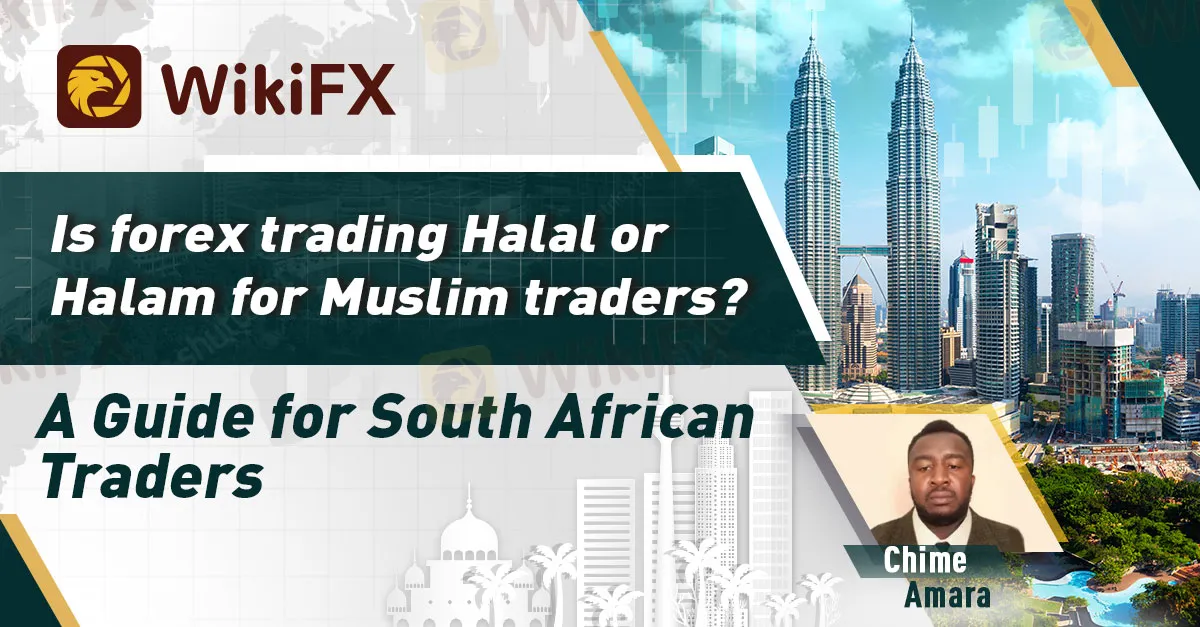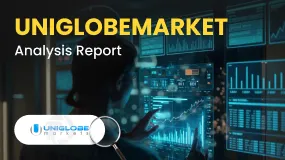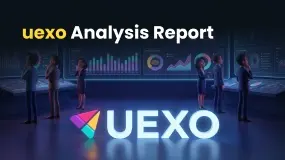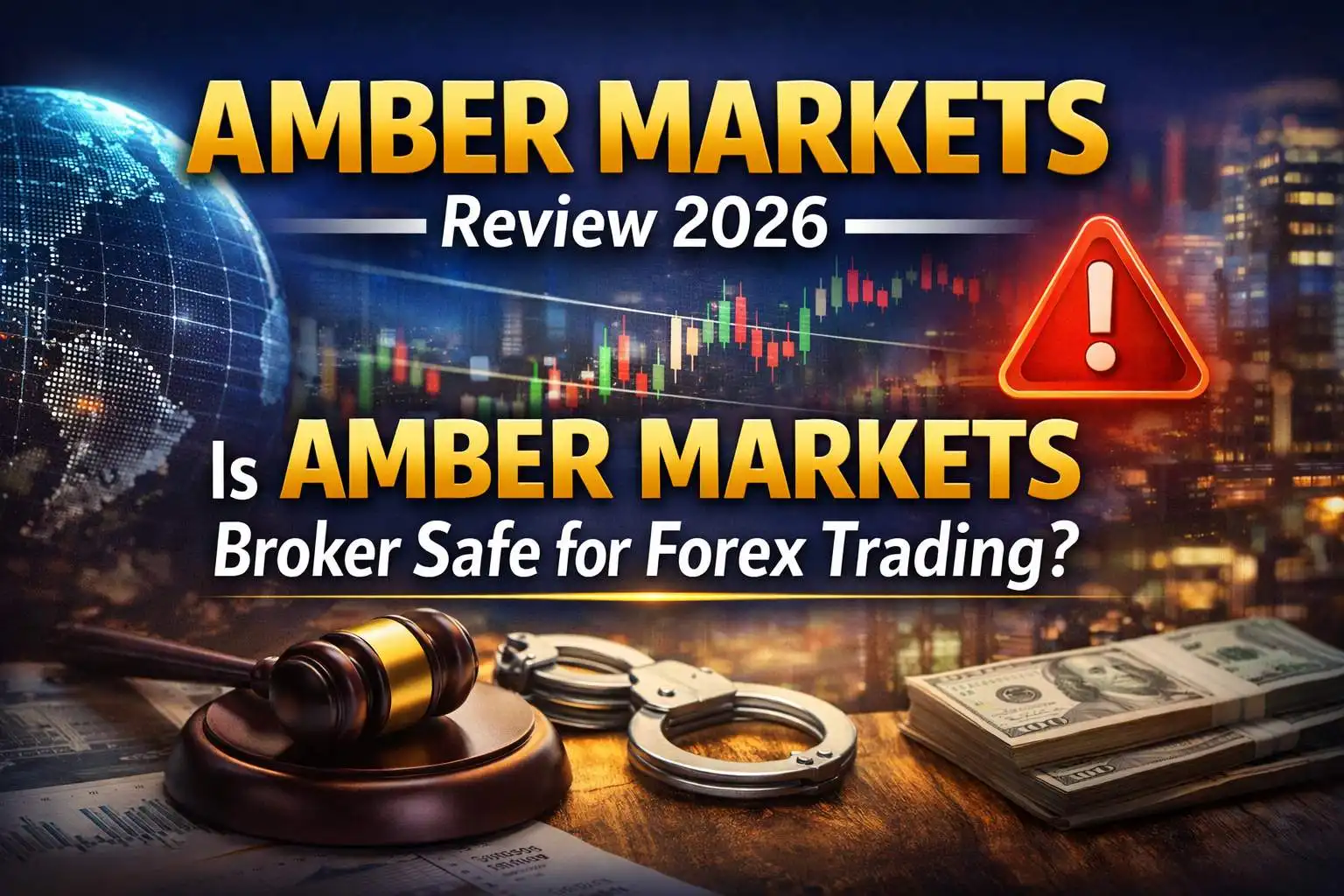Abstract:Forex trading deals with buying and selling of currencies in the global market. The forex market is the largest and most liquid financial market in the world, with an estimated daily trading volume of over $5.1 trillion. In South Africa, forex trading has gained popularity in recent years, with many traders interested in exploring this market. However, for Muslim traders, the question arises as to whether forex trading is Halal or Haram (permissible or prohibited) according to Islamic law. In this article, we will explore this question in-depth and provide a guide for South African Muslim traders.

By: Chime Amara

What are Halal and Haram in Islamic Law?
In Islamic law, Halal refers to actions or practices that are permissible according to Shariah (Islamic law). Haram, on the other hand, refers to actions or practices that are prohibited by Shariah. The concept of Halal and Haram extends to all aspects of life, including finance and business.
Forex Trading and Islamic Law
Forex trading involves buying and selling currencies, which may involve the payment or receipt of interest or Riba. In Islamic law, Riba is prohibited, and any transaction that involves Riba is considered Haram. Riba refers to any increase or excess that is received or given in a loan or debt, whether in cash or kind.
In traditional forex trading, interest is paid or received on trades that are held open overnight, which may be considered Riba. Therefore, forex trading may be considered Haram for Muslim traders who adhere to Shariah law.
Islamic Forex Trading - Swap-free Accounts
To address the issue of Riba, Islamic forex trading accounts were introduced, also known as Swap-free accounts. These accounts are designed to comply with Islamic law by eliminating the payment or receipt of interest. In Islamic forex trading accounts, positions are not held open overnight, instead, they are closed before the end of the trading day. Therefore, no interest is paid or received, and the transaction is considered Halal.
Islamic forex trading accounts may also charge a commission instead of interest to cover the costs of maintaining the account. This commission is fixed and agreed upon in advance and is not based on interest rates.
Guidelines for South African Muslim Traders
South African Muslim traders who wish to engage in forex trading should follow the following guidelines to ensure that their transactions are Halal:
A. Choose an Islamic Forex Trading Account: South African Muslim traders should choose an Islamic forex trading account that complies with Shariah law. These accounts are also known as Swap-free accounts.
B. Avoid Margin Trading: Margin trading involves borrowing money from a broker to trade. This may involve paying interest on the borrowed amount, which is considered Haram. Therefore, South African Muslim traders should avoid margin trading and only trade with their funds.
C. Avoid Leveraged Trading: Leveraged trading involves trading with a larger amount of money than what is available in the trader's account. This may involve paying interest on the borrowed amount, which is considered Haram. Therefore, South African Muslim traders should avoid leveraged trading and only trade with their funds.











